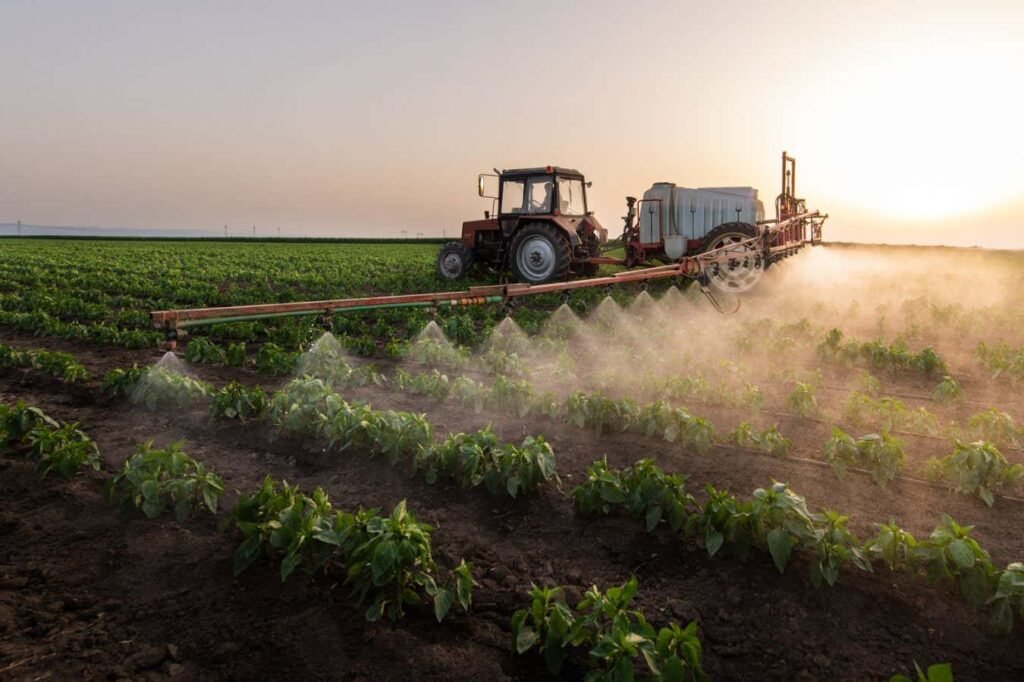
Human urine could be used for fertilizer
fotokostic/Getty Images
A more efficient way to extract fertilizer from human urine could help cities and farms make better use of wastewater without increasing it. global warming.
Human urine is rich in compounds useful for growing crops, such as nitrogen, but chemical processes for extracting these compounds are less efficient than industrial methods of making fertilizers, such as the Haber-Bosch process, which converts nitrogen from the air into ammonia by adding it. hydrogen However, these methods are often energy intensive and produce climate pollutants.
now, Xinjian Shi at Henan University in Kaifeng, China, and his colleagues found that adding oxygen from the air and a graphite catalyst to urine creates a nitrogen-rich chemical called percarbamide. The process requires only a few steps and creates no waste.
“Prior to our method, the traditional method of separating urea (a nitrogen-rich compound) from urine was to concentrate the urine to precipitate urea and inorganic salts, and then exploit the solubility differences to purify the urea,” says Shi. “This process is cumbersome and the resulting purity is low.”
Shi and his team placed thin sheets of graphite on top of an electrode, which had been modified to have defects in the way the atoms joined. It was then placed in a concentrated urea-rich solution.
When they passed electricity through the solution, solid crystals of percarbamide were formed, made from oxygen in the air, hydrogen from water and urea from urine. Then these crystals could be easily separated from the liquid solution.
The team then tested how well percarbamide works as a fertilizer and found that it helped wheat, peanut and lettuce plants grow taller than when they were grown with water or regular urea fertilizer. Shi says this may be because percarbamide constantly releases oxygen and helps control nitrogen levels. the soil.
James McGregor At the University of Sheffield in the UK, he says the approach could be used for other chemical processes, but it could be difficult to scale up to city-wide wastewater treatment.
“I’d be surprised if we’re sitting here in 10 years and this is a major industrial process, but it has potential applications for decentralized, local, small-scale production, probably particularly in agricultural environments,” he says.
Topics:

